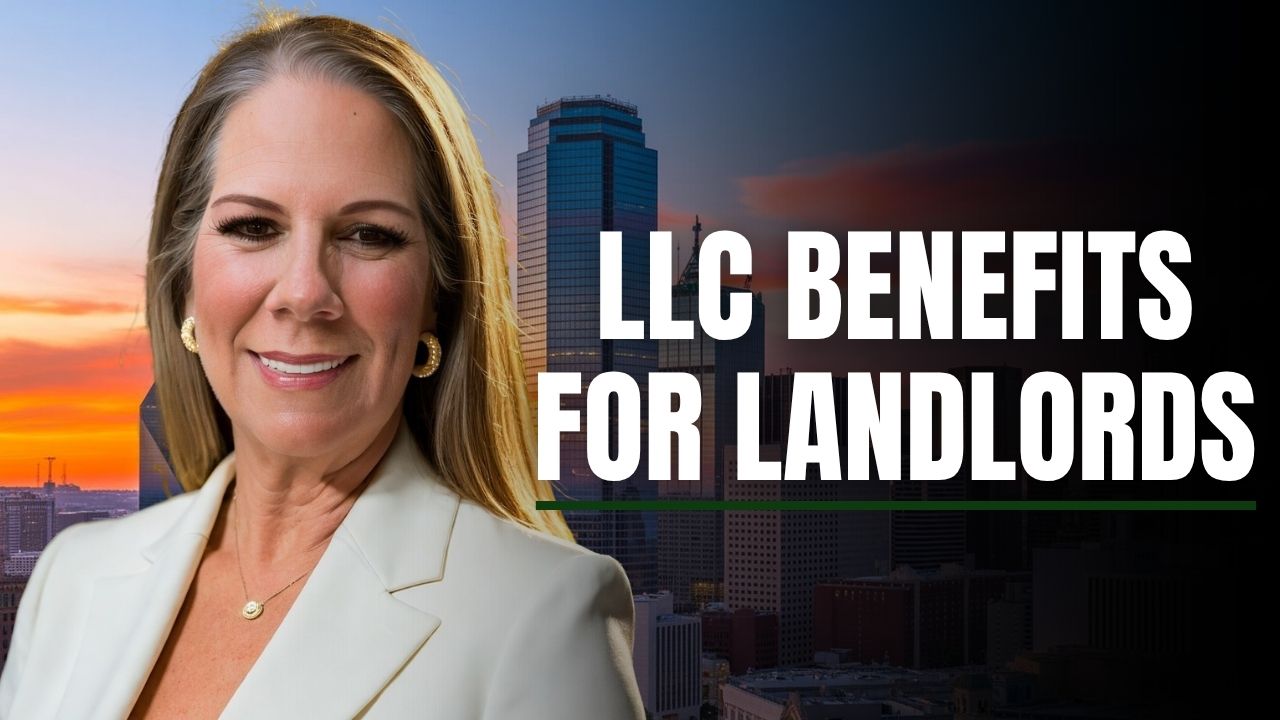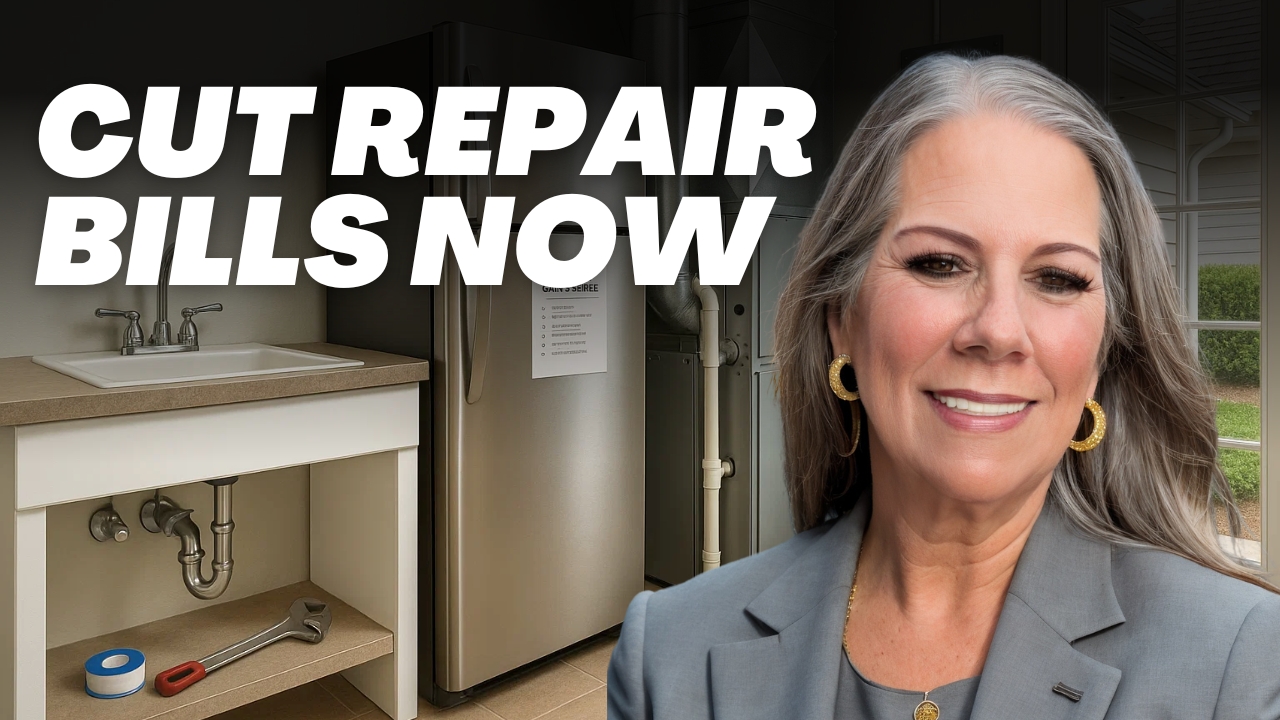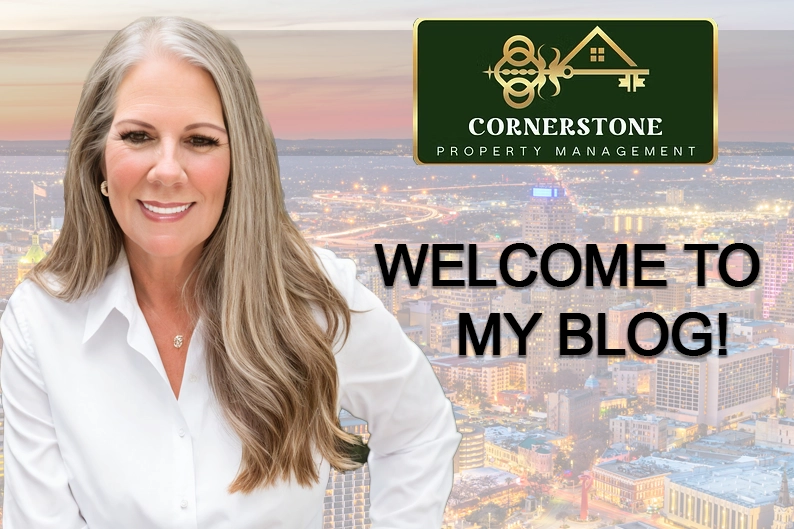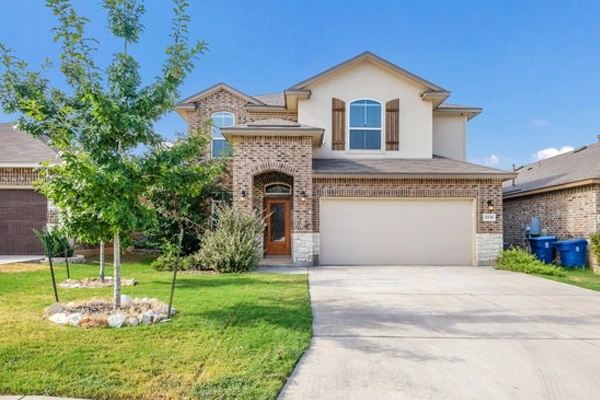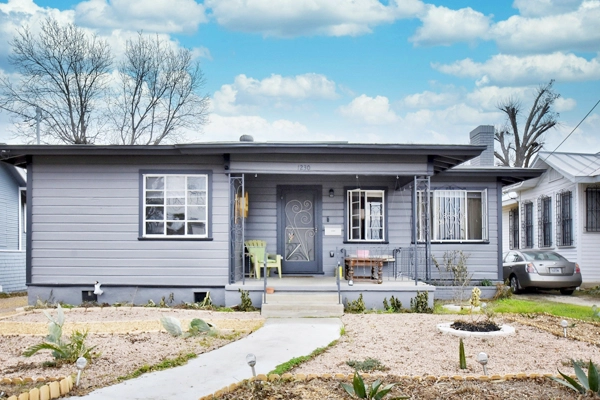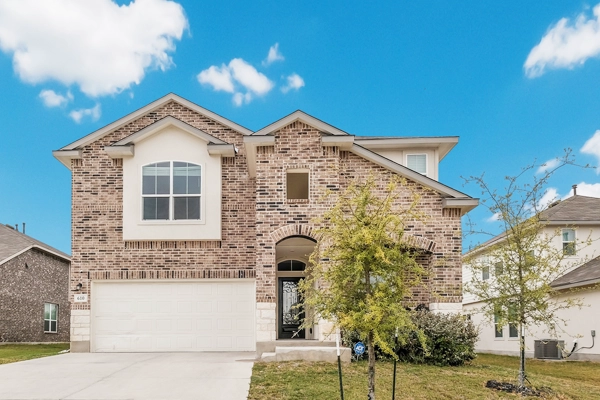Protect Your Investments While Growing Your Wealth. Schedule a 1-on-1 strategy session to see how we protect and treat your home like our own. Schedule a Call
As a property manager, I’ve seen my share of maintenance headaches, and a clogged toilet is one of the messiest. It’s a problem that frustrates landlords, tenants, and managers alike, often leading to heated debates over who should foot the bill. Is it the tenant’s fault for flushing something they shouldn’t have, or is it a plumbing issue the landlord needs to handle?
Let’s break down the responsibilities to help you resolve these issues quickly, keep tenants happy, and avoid costly disputes.
1. Landlord’s responsibilities. Landlords are generally responsible for maintaining the rental property, including its plumbing system. If a clog results from normal wear and tear or systemic issues, it’s on the landlord to fix it. This includes:
• Pipe damage or wear. Clogs caused by deteriorating pipes, such as cracked or collapsed lines, or backups in the main sewer line, fall under the landlord’s duty. These are signs of aging infrastructure, not tenant misuse.
• Waste buildup. Slow accumulation of organic waste over time is another landlord’s responsibility, as it’s part of the property’s natural wear.
In these cases, I arrange for a professional plumber to inspect and repair the issue at no cost to the tenant. Systemic plumbing failures, like sewer line blockages, require prompt landlord action to keep the property habitable.
2. Tenant’s responsibilities. Tenants, on the other hand, are responsible for using the plumbing properly. Clogs caused by their actions or negligence shift the repair costs to them. Common tenant-related issues include:
• Flushing inappropriate items. Wipes, feminine hygiene products, cotton swabs, or even kids’ toys can wreak havoc on pipes. If a tenant flushes these, they’re typically liable for the plumber’s bill.
• Negligence. Ignoring slow drains or minor leaks can escalate into bigger clogs. If a tenant fails to report these early, they may be responsible for the resulting damage.
To prevent this, I include clear guidelines in the lease about what can and can’t be flushed. A simple reminder email or move-in checklist also helps tenants avoid costly mistakes.
3. Check your lease agreement or local laws. When a clog occurs, the lease agreement is your first stop. A well-crafted lease outlines maintenance responsibilities and specifies who handles plumbing repairs. If your lease is vague, local landlord-tenant laws can provide clarity. For example, some regions explicitly state that landlords cover systemic plumbing issues, while tenants handle clogs from misuse.
If you’re unsure, review the lease with your tenants to clarify expectations. If that doesn’t resolve the issue, consult a local real estate attorney or property management expert to ensure compliance with regulations. Updating vague leases is a proactive step to avoid future disputes.
If you’re still unsure, check the local landlord-tenant laws in your area. Local regulations often provide more clarity on maintenance responsibilities, including plumbing issues.
4. Clear communication. I make sure tenants know their responsibilities upfront, emphasizing proper toilet use during move-in orientations. If a clog is due to tenant negligence, I inform them promptly that they’ll cover the repair costs, citing the lease for clarity. I schedule a plumber quickly for landlord-related issues to maintain tenant satisfaction and prevent escalation.
Clogged toilets are never fun, but understanding who’s responsible makes all the difference. Landlords handle clogs caused by wear and tear or systemic issues, while tenants cover repairs caused by misuse or negligence. A clear lease, local law knowledge, and open communication ensure quick resolutions and positive landlord-tenant relationships.
Property managers are the bridge between tenants and landlords, setting expectations and keeping properties running smoothly. Need help drafting a lease or tackling maintenance issues? Reach out by phone or email; I’m here to help you easily navigate the world of property management!
-
Protect Your Investments While Growing Your Wealth. Schedule a 1-on-1 strategy session to see how we protect and treat your home like our own. Schedule a Call
-
Know the Rent. Maximize the Profit. Turn your property into a reliable income stream with confidence. Find out what your current rental rate should be in today’s market. Discover Rental Rate
-
Your Referral. Our Expertise. Happy Clients. Are you looking for the perfect match to help your clients build wealth through real estate? Take control of your success today and refer them to us. Refer Now
-
Free Real Estate Newsletter. Get our latest Q&A, insights, and market updates to make smarter decisions. Subscribe Now



